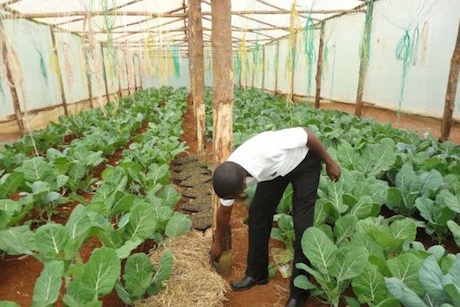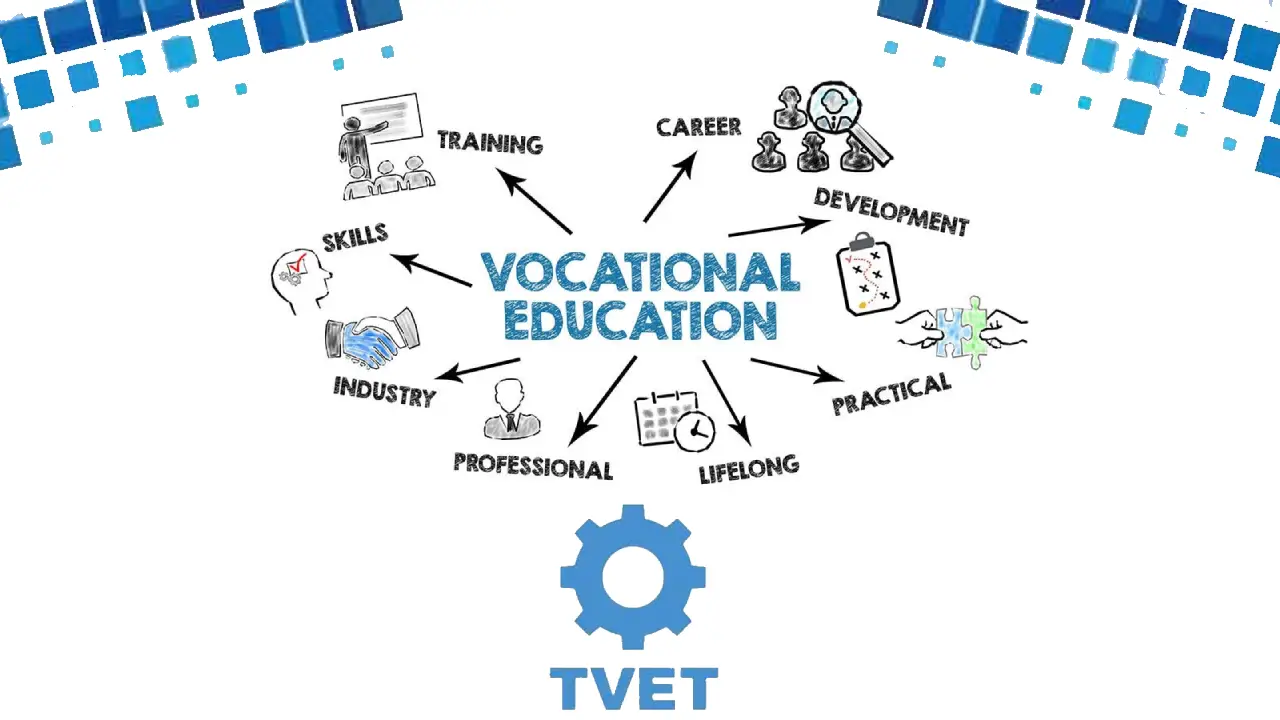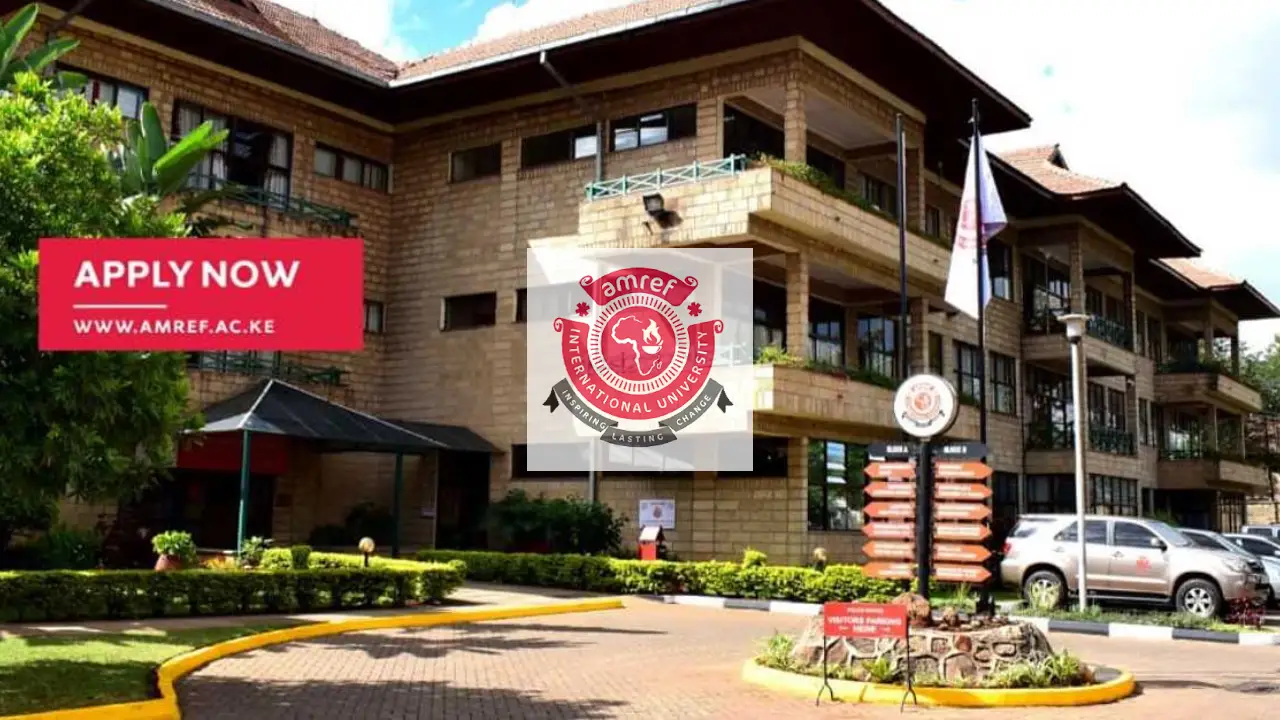Career Paths
A Future in Agriculture: Diverse Career Paths
An agriculture degree offers diverse career opportunities in farm management, food science, agribusiness, environmental science, and agricultural education. Key skills include scientific knowledge, problem-solving, communication, and technology use. Universities in Kenya offer specialized programs, preparing graduates to address global challenges in food security, sustainability, and rural development.

An agriculture degree, often referred to as agricultural science, can open doors to a wide range of exciting and fulfilling careers. This interdisciplinary field combines science, business, and technology to address global challenges related to food security, environmental sustainability, and rural development.
Career Paths in Agriculture:
Farm Management:
- Crop Production: Cultivating crops such as corn, wheat, soybeans, and fruits and vegetables.
- Livestock Production: Raising animals like cattle, pigs, poultry, and sheep for meat, dairy, and fiber.
- Precision Agriculture: Utilizing technology to optimize farming practices, including GPS, drones, and data analytics.
Food Science and Technology:
- Food Development: Creating new food products and improving existing ones.
- Food Safety: Ensuring the safety and quality of food products through rigorous testing and inspection.
- Food Processing: Developing and optimizing food processing techniques.
- Nutrition Science: Studying the nutritional value of food and its impact on human health.
Agribusiness:
- Agricultural Economics: Analyzing economic trends and market forces affecting the agriculture industry.
- Agribusiness Management: Managing agricultural businesses, including farms, food processing plants, and agribusiness corporations.
- Agricultural Marketing: Promoting and selling agricultural products.
Environmental Science and Conservation:
- Soil Science: Studying soil properties and their impact on plant growth.
- Water Resource Management: Managing water resources for agricultural and environmental purposes.
- Conservation Agriculture: Implementing sustainable farming practices to protect the environment.
Agricultural Education and Extension:
- Teaching Agriculture: Educating future generations of agricultural professionals.
- Extension Services: Providing technical assistance and information to farmers and rural communities.
Key Skills and Qualifications:
- Strong Academic Background: A strong foundation in science, mathematics, and English is essential.
- Practical Skills: Hands-on experience in farming, laboratory work, or field research can be beneficial.
- Problem-Solving and Critical Thinking: The ability to analyze complex problems and develop innovative solutions.
- Communication Skills: Effective communication skills are crucial for interacting with diverse stakeholders, including farmers, scientists, policymakers, and consumers.
- Technological Proficiency: Knowledge of agricultural technologies, such as precision agriculture and biotechnology.
By pursuing a degree in agriculture, you can contribute to a sustainable future and make a positive impact on the world.
Some agriculture degree programs include:
- Bachelor of Science in Agriculture and Enterprise Development - Pwani University
- Bachelor of Science Agriculture Economics and Resource Management - Maasai Mara University
- Bachelor of Science in Agriculture - Meru University of Science and Technology
- BSc Dryland Agriculture and Enterprise Development - Kenyatta University
- Bachelor of Science in Agriculture - University of Eldoret
- BSc Agriculture and Human Ecology Extension - Egerton University
- Bachelor of Science in Agriculture - Kenya Methodist University
- Bachelor of Science in Agriculture Extension Education - University of Eldoret
- Bachelor of Science in Agriculture - University of Nairobi
- Master of Science in Agriculture and Rural Development - Kenya Methodist University











